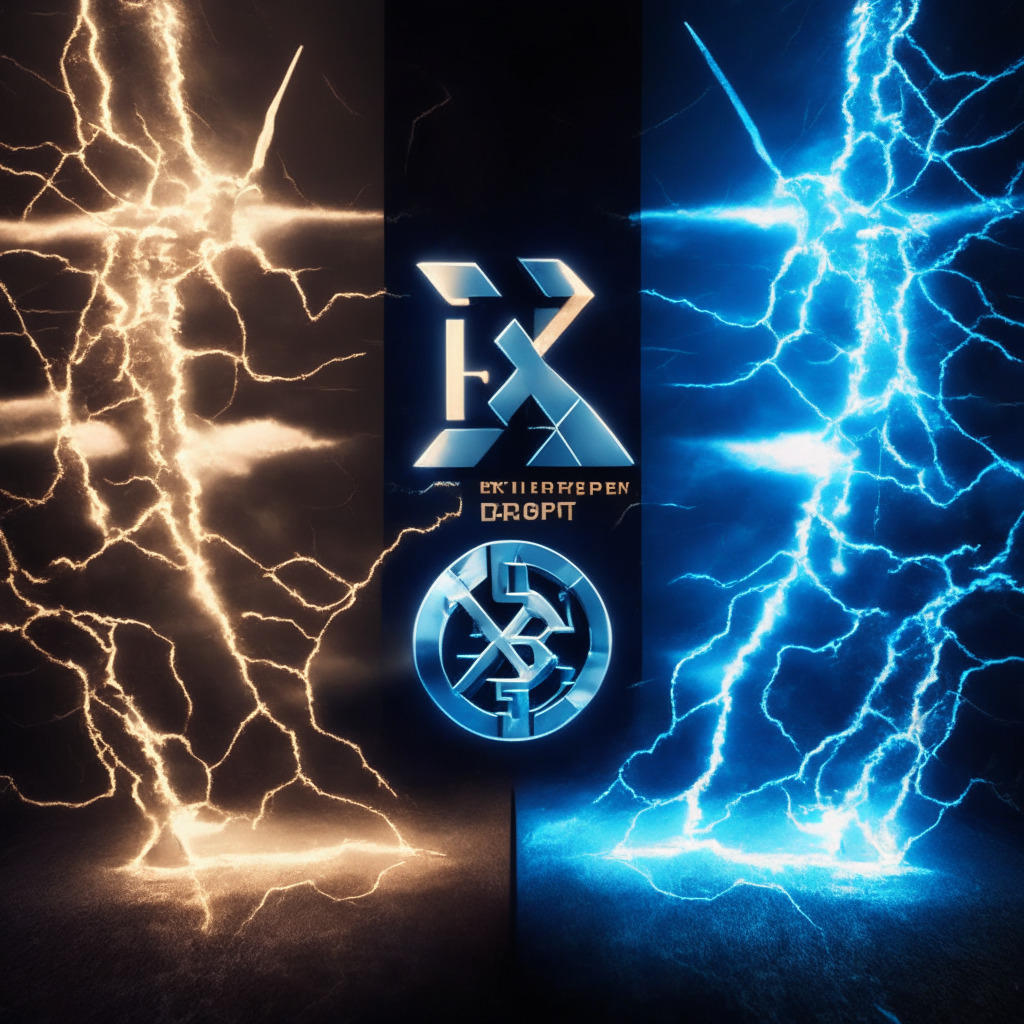Brad Kimes, a seasoned musician and entrepreneur, was growing increasingly frustrated with the slow, expensive, and unreliable international banking system called SWIFT. He had already discovered Bitcoin, but he felt it wasn’t the right solution. Instead, he found XRP, a newer, faster, and more efficient cryptocurrency created by Ripple Labs. The goal of XRP is to improve the banking system rather than replace it, setting it apart from Bitcoin’s anti-establishment ethos.
While XRP receives criticism for its close relationship with banks, its advocates insist that the technology works and could be the key to cutting through layers of banking red tape. XRP doesn’t require energy-intensive Proof-of-Work mining, making it a more sustainable option compared to Bitcoin. Kimes believes that while Bitcoin opened the door to decentralized currency, XRP is a more evolved technology, akin to the difference between early flip phones and modern smartphones.
However, not all enthusiasts believe that XRP can replace traditional financial institutions. The “XRP Army,” a large community of supporters, argues that XRP’s focus on integrating with the existing banking system is essential for its long-term success. They emphasize the utility of XRP and its potential for widespread adoption; however, they also believe that the cryptocurrency’s popularity faces hurdles due to regulatory challenges.
One such challenge is the recent SEC lawsuit against Ripple Labs. Despite the legal battle, XRP’s price has remained relatively stagnant, prompting accusations of a double standard. Some argue that the cryptocurrency has been specifically targeted for a malicious purpose, while others see it as a potentially fair outcome.
If Ripple Labs wins its case, it could provide the clarity needed for XRP to gain traction and compete fairly in the global digital payment infrastructure. Some within the crypto community now find themselves rooting for Ripple’s success, as it may ultimately benefit the wider cryptocurrency ecosystem. However, others warn that advocating for fair treatment may not have the desired outcome, as cryptocurrencies across the board could face increased regulation and scrutiny.
Regardless of the outcome, XRP supporters, such as Kimes, remain steadfast in their belief that XRP is the future of digital finance, one that can coexist with traditional financial systems while offering a more efficient, sustainable, and accessible solution.
Source: Coindesk




